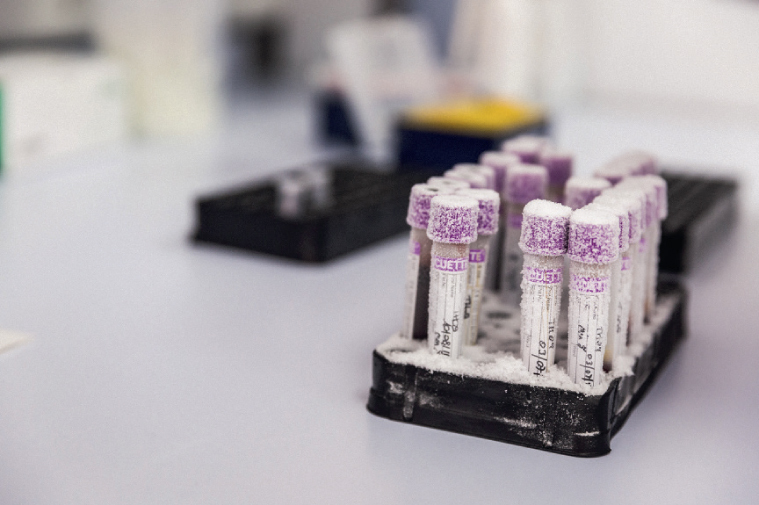Rider handed four-year ban after 2012 sample tests positive for EPO
Slovenian rider Jure Kocjan is given four-year suspension by UCI after retroactive testing of his 2012 sample produces positive for EPO


A 2012 sample that was retroactively tested and returned a positive for banned blood-booster erythropoietin (EPO) has led to a four-year suspension for Slovenian rider Jure Kocjan.
The Union Cycliste Internationale (UCI) reported on Thursday that its Anti-Doping Tribunal had handed the 48-month suspension to the 32-year-old.
In addition to the EPO positive, the UCI says that Kocjan was found guilty of "tampering or attempted tampering during the results management process".
A sample taken from Kocjan in an out-of-competition test on March 8 2012 contained traces of EPO. The sample had been stored and retroactively tested, with the positive result originally announced by the UCI in February 2016.
>>> 14-year-old Italian rider fails drugs test after local race
Kocjan was racing for Team Type 1 Sanofi at the time of the test. In 2012, he won two stages of the Tour du Limousin and subsequently signed for the Euskaltel-Euskadi team in 2013, before moving to Team SmartStop in 2014.
Under World Anti-Doping Agency (WADA) and UCI rules, anti-doping samples can be stored for up to 10 years and re-tested at any point. Re-analysis of samples is beneficial in the fight against doping to detect substances for which there was no suitable anti-doping test at the time of the sample being taken.
The latest race content, interviews, features, reviews and expert buying guides, direct to your inbox!
Watch: Cycling Weekly Anti-doping debate highlights
Scientific advances mean that new tests are constantly being introduced or refined.
Several other riders have fallen foul of their samples being re-tested and found to contain performance-enhancing substances. Italian Katusha rider Giampaolo Caruso also failed a retro-active test for EPO on a sample taken from him in March 2012.

Nigel Wynn worked as associate editor on CyclingWeekly.com, he worked almost single-handedly on the Cycling Weekly website in its early days. His passion for cycling, his writing and his creativity, as well as his hard work and dedication, were the original driving force behind the website’s success. Without him, CyclingWeekly.com would certainly not exist on the size and scale that it enjoys today. Nigel sadly passed away, following a brave battle with a cancer-related illness, in 2018. He was a highly valued colleague, and more importantly, an exceptional person to work with - his presence is sorely missed.